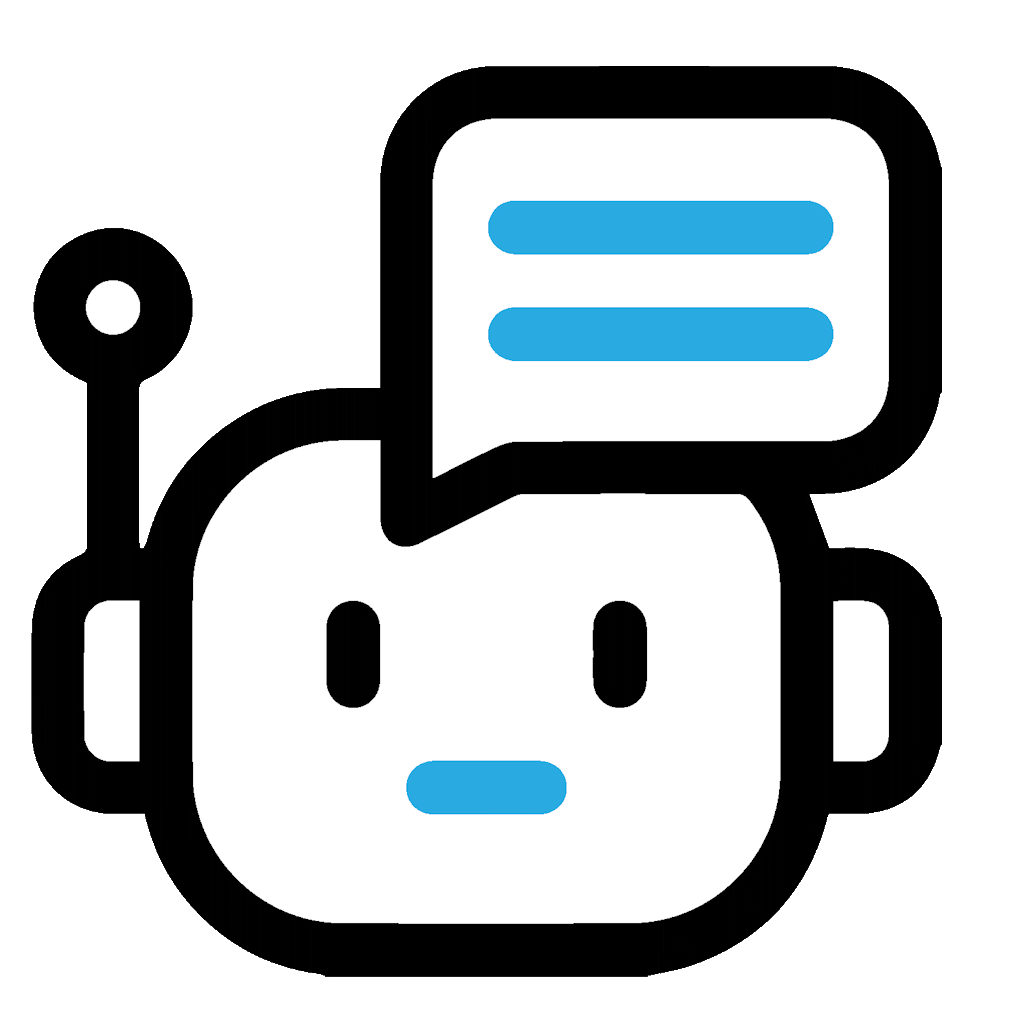The rise of AI content creation has transformed the way content is produced and consumed online. From writing articles, blog posts, academic theses, research papers, news, and social media descriptions, AI text is now used in bulk. With this flooded text online, two important questions arise: Can Google detect AI content? Secondly, the most important question is whether this giant search engine penalizes AI-generated content.
It is important to understand how Google’s algorithm works to determine if it detects AI content. The corporation has clear instructions related to AI content. Nevertheless, some people want to know more about how Google reacts to AI-generated content when it comes to search engine ranking and SEO.
Learning about the possible techniques of creating content using AI technologies would help tackle search engine ranking. What future trends are unfolding that may affect the way content is being produced now?
Evolution of AI in content creation
Natural language processing is important in the tech world. It helps computers understand and make human language. In the past, machines could only do simple tasks. Now, they can write articles and create stories. They can also help in conversations. The growth in NLP has changed our view of content. More tools can create content fast and with good quality. This saves time and lets writers focus on other important work.
Many popular AI tools are now available for content generation. Tools like OpenAI’s ChatGPT and Jasper AI create text that is often hard to tell apart from human writing. Businesses use these tools to make articles and social media posts. They help companies save time and cut costs.
Google’s history with content quality
As AI content generation grew, Google paid attention. The company cares a lot about content quality. They change their algorithms many times to keep search results useful. Major updates like Panda and Penguin focused on low-quality content. Panda looked at thin content with little value. This update made sites improve their writing. Penguin looked at spammy links, which made a poor user experience.
Google wants users to find real content. This focus aims to provide the best experience for people who search online. Search engines rank sites by several factors. These factors include quality, relevance, and trustworthiness. Websites that use AI-generated content might have problems. If Google finds this type of content, it could change its rankings.
Content creators should know about these changes. The fight between AI content and human quality goes on. Finding the right balance is important for future success. As AI tools get better, Google will likely improve its detection methods. This can create new problems and needs for content creators.
Ways to Find AI Content
AI content is getting more advanced. Google has made new methods to find and evaluate this content. These methods use algorithms, machine learning, and user interaction data. They help keep search results high quality and real. Content creators can learn about these methods to understand SEO better in a world with AI.
- Google’s algorithms: Google has smart algorithms to check content quality. These algorithms study text for many factors. They check how useful and relevant the information is. Google wants to show the best content to its users. If the content seems misleading or shallow, it drops in ranking. AI content usually does not have the personal touch that users like. This fact helps Google find it easily.
- Clues for detection: Some signs show that content can come from AI. Repeated phrases and strange sentence structures are big clues. AI often does not capture human feelings and details well. Readers notice when writing seems shallow. This difference creates a gap between human and AI writing. Readers also see when content lacks real insight. If content is not relatable, it creates a warning for Google.
- Training models: Machine learning models help Google to see writing patterns. These models train with a large amount of data. They understand the different traits of human and AI writing. They can find differences in style, tone, and creativity. AI often uses set patterns and expected words. Humans write in different voices and use varied word choices.
- User behavior: User actions have a big impact on how Google ranks content. Metrics like bounce rates are very important. A high bounce rate shows that users do not find the content helpful. This shows that users leave the page quickly. Such signals tell Google the content may not help users. Time on a page also gives insights. If users stay longer, it shows they find the content interesting and useful. AI-generated content often has a problem to keep readers interested. This can lead to lower search rankings. Would users trust information that is not real? Google seems to think the answer is no.

Challenges in Finding AI Content
It is very important to be clear about content creation. Readers need to know if they read human or AI-written text. This builds trust between writers and their readers. If people feel tricked, they might not return to a brand or website. Trust helps build loyalty and keeps visitors coming back.
1. Progress in technology: AI technology gets better every day. AI writing tools create texts that sound natural. They use smart algorithms to make sentences and paragraphs that connect well. These systems can make relevant content on many subjects. Users often think the writing is as good as human writing. This progress makes it harder for Google to find AI-generated content.
2. Flexibility of AI writing tools: The flexibility of these tools adds more complexity. AI programs learn from their past outputs. They change based on feedback to create better content. More writers use these flexible AI tools to make text quickly. This changes what we think is good writing and prevents AI text detection. So, it is hard to see the difference between human and AI work.
3. Ethical questions: Ethical issues come up as AI becomes more common. One big question is how to define original content. If an AI can write text that is very similar to human writing, what does it mean for us? It is unclear if the source matters when the content is alike. Content creators must think about what it means to be original today.
4. Freedom of speech and creative expression: Each person has a right to express themself through writing. AI writing tools can help people share their ideas. They can reach bigger audiences with these tools. If Google starts to filter AI content a lot, this expression might be limited. Many voices might not be heard. This creates a problem between stopping low-quality content and letting people share freely.
Content creators should use honest practices. They must say clearly that if AI made the content. This helps keep their credibility. It can protect their reputation, too. Creators should also focus on unique ideas in their writing. Original thoughts can engage readers. They make people want to return to a site.
Future Trends
AI content creation grows very quickly. Many people think that AI will write different and interesting content. Some predictions say that AI will understand topics better. It can create stories that are more original. As technology improves, AI might personalize content for readers. This personalization can help brands connect better with their audience.
Google will adapt to these changes. The tech giant will improve its ability to detect AI content. It needs to keep search results relevant. Improved algorithms will likely focus on finding the signs of AI content. Google could use machine learning models to understand writing styles better. These models can compare human language and machine text closely. It will become harder for AI content to fool search engines. Content creators may have trouble getting high rankings with only AI content.
The relationship between AI and SEO changes. Many people now use AI tools for SEO tasks. These tools look at keywords and make the content better. AI will help creators decide what topics to write about based on trends. This teamwork can lead to better content. However, it also brings up questions. Will AI tools take away originality? Will they make generic results? Both creators and brands must think about these issues.
Artificial intelligence will keep advancing. Content creators need to stay updated. They need to find ways to improve their skills. Combining AI tools with personal style can lead to good results. Writers should use AI for ideas and drafts. Then, they must make the content better to add their voice and insights.
Conclusion
Understanding the main points about Google’s ability to detect AI content is important. AI tools now create text that sounds like a human. Google uses advanced algorithms to check content quality. It wants to rank real content higher. Content that is not original can get lower rankings. This creates problems for content creators.
With advancements, AI has impacted our daily lives. The content creators have new problems with AI technology. It is important to understand how Google finds AI content. Transparency is a priority for all creators. They build trust by being honest. Staying original makes higher engagement. Content creators can manage this area successfully by changing and growing. The relationship between human creativity and AI technology is growing. This creates a chance for writers to explore new areas. The future of content is in finding a balance between new ideas and being real.

